To cope with the outrageous creep of authoritarian behaviour and inescapable globalism, sometimes citizens of the West refer to themselves as ‘peasants’. Call it a bit of lingering British gallows humour.
Increasingly, that is exactly how the Labor Party views Australians – as the ‘peasantry’. Our ancestors, who lived under the thumb of feudal lords and warring barons, paid less tax.
Already a subscriber? Log in
Subscribe for just $2 a week
Try a month of The Spectator Australia absolutely free and without commitment. Not only that but – if you choose to continue – you’ll pay just $2 a week for your first year.
- Unlimited access to spectator.com.au and app
- The weekly edition on the Spectator Australia app
- Spectator podcasts and newsletters
- Full access to spectator.co.uk
Or

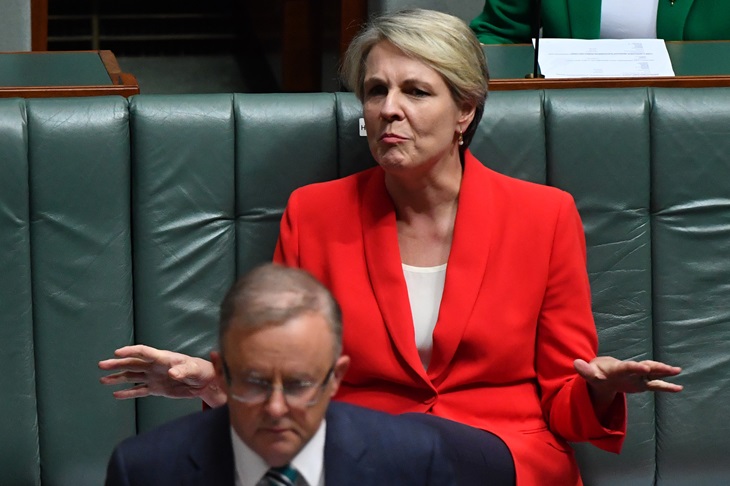

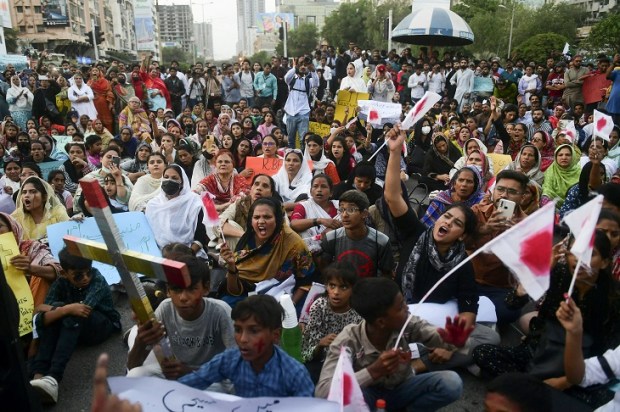
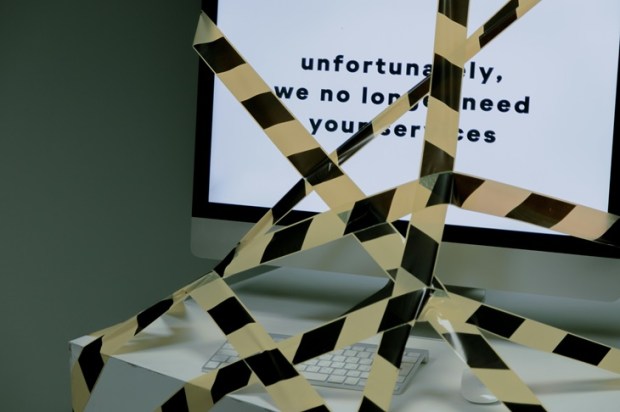
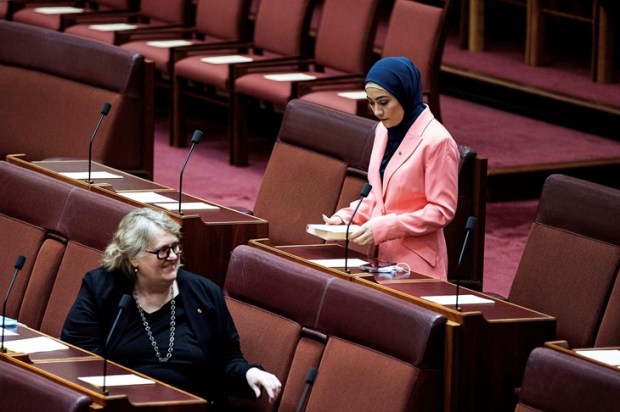
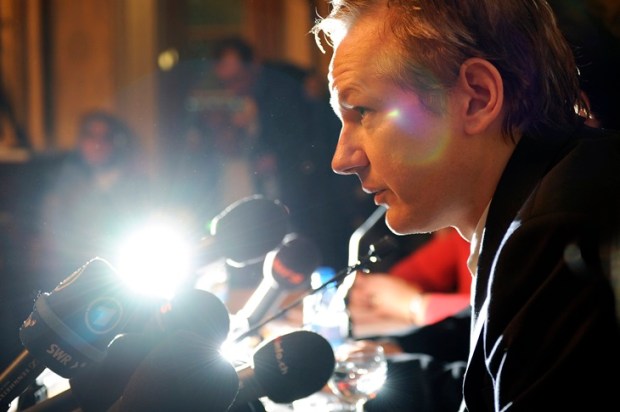
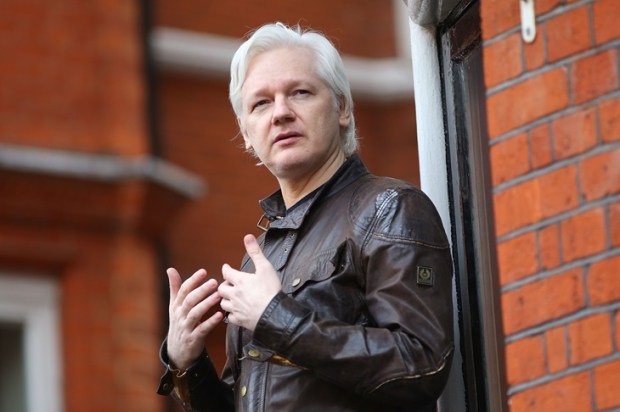


















Comments
Don't miss out
Join the conversation with other Spectator Australia readers. Subscribe to leave a comment.
SUBSCRIBEAlready a subscriber? Log in